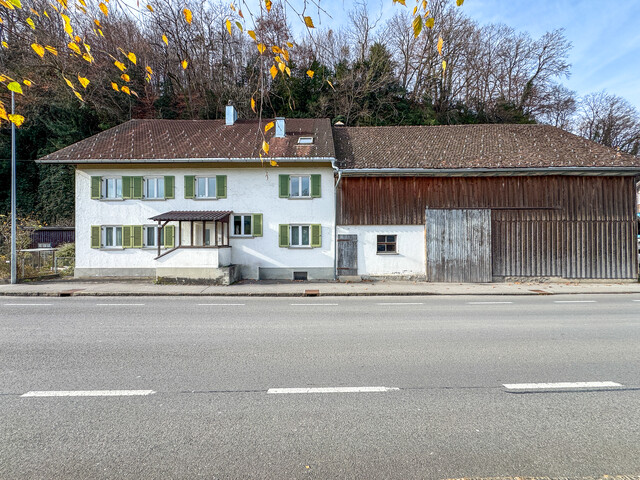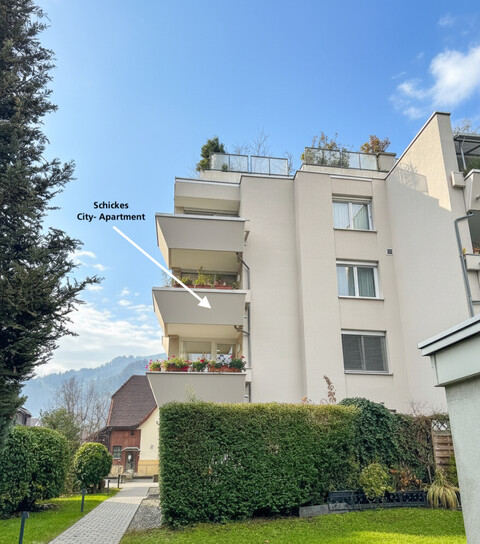With These Measures, Food Should Become "Affordable Again"

High food prices have recently sparked discussions after SPÖ Finance Minister Markus Marterbauer suggested possible price interventions in early August. The union-affiliated Momentum Institute has developed recommendations to make "food affordable again." Problem areas include "profit-driven inflation," high energy prices, lack of transparency, and excessive market power in retail.
Momentum Institute with a Catalog of Measures Against High Food Prices
In a policy brief, the institute recommends, among other things, taking action at the EU level against the so-called territorial supply restrictions, also known locally as the "Austria surcharge." These are restrictions imposed by certain large manufacturers, making it very difficult or impossible for wholesalers and retailers to buy products in one member state and resell them in another. This leads to price surcharges on supermarket shelves in smaller EU member states compared to larger neighboring states like Germany. According to EU Commission figures, European consumers miss out on savings of 14 billion euros annually as a result. The EU aims to develop legislation against this by the end of 2026.
Price Transparency Database to Show Disproportionate Price Markups
Additionally, the Momentum Institute advocates for a price transparency database modeled after the French system. This would document the costs incurred at various stages of the production process to prevent disproportionate price markups. Price comparison tools for consumers could also help identify excessive prices more easily, according to the institute.
Based on the price transparency data, Austria could then, according to the institute's vision, limit the profits of food companies for selected products. This measure has been tested in Romania, where only a 20 percent markup is allowed on certain daily necessities. The Momentum Institute referred to the Romanian National Bank, which reported that food inflation was reduced by 0.6 percent due to the measure. However, such a restriction should be implemented "cautiously and with precision," the institute advises.
Targeted and Temporarily Limited VAT Reduction
The Momentum Institute sees another option for action in a "price-stable shopping basket," as seen in Croatia and Greece. Supermarkets must permanently offer one product per product group at a lower price and advertise it as such.
Finally, a reduction in VAT is also "a quick and efficient means to reduce food inflation," according to the institute. The recommendation is therefore to suspend the tax "targeted for a selection of staple foods" and for a limited time. To ensure the benefit is passed on to consumers, active collaboration with the competition authority could be pursued, as demonstrated in Poland. "Combined with price transparency tools, suspending VAT can quickly and effectively provide relief," writes Momentum.
(APA/Red)
This article has been automatically translated, read the original article here.
Du hast einen Hinweis für uns? Oder einen Insider-Tipp, was bei dir in der Gegend gerade passiert? Dann melde dich bei uns, damit wir darüber berichten können.
Wir gehen allen Hinweisen nach, die wir erhalten. Und damit wir schon einen Vorgeschmack und einen guten Überblick bekommen, freuen wir uns über Fotos, Videos oder Texte. Einfach das Formular unten ausfüllen und schon landet dein Tipp bei uns in der Redaktion.
Alternativ kannst du uns direkt über WhatsApp kontaktieren: Zum WhatsApp Chat
Herzlichen Dank für deine Zusendung.








